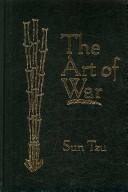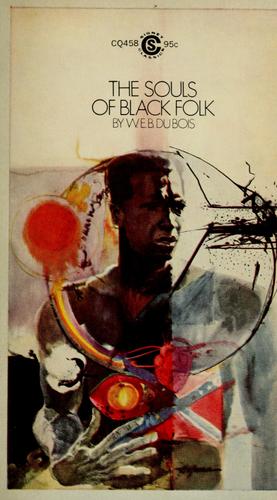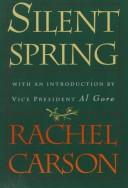Modal Verbs
[A2] Modal Verbs: English usage of can, could, may, might, must, shall, should, will, and would. Learn how these verbs express ability, possibility, permission, obligation, and advice.
Modal verbs
Modal verbs add meanings like ability, possibility, permission, advice, obligation, and prediction. They usually come before the base verb form and do not take -s in the third person singular. Many modals have a “present vs past” relationship in form, but their meanings often extend beyond time into politeness, distance, and uncertainty. This module explains what each modal communicates and how to choose between similar ones.
Which statement about modal verbs is correct?
Basic form
Modals are followed by the base verb: can go, should try, might happen. For negatives, place not after the modal: cannot, should not, might not, will not. For questions, invert the modal and the subject: Can you help, Should we leave, Will they arrive. Modals typically do not use do-support in questions and negatives.
Rule | Example |
|---|---|
Which question is formed correctly without do-support?
Ability
Use can for present ability and general ability. Use could for ability in the past, and also for more tentative or polite ability in the present. For a specific past success, English often prefers was able to over could, especially in affirmative statements. In questions and negatives, could is common for past ability: Could you swim then, I couldn’t lift it.
Rule | Example |
|---|---|
Which sentence correctly expresses a one-time past success?
Permission
Use can for informal permission and may for more formal or careful permission. Could can request permission politely, often sounding softer than can. Might is rare for permission and usually sounds overly formal or old-fashioned in everyday English. In giving permission, may is common in formal contexts: You may begin.
Rule | Example |
|---|---|
Which sentence gives formal permission?
Possibility
Use may and might for possibility, with might usually expressing a weaker or more uncertain possibility. Use could for possible outcomes or general possibilities, often meaning “it is possible” rather than “it happened.” Use can for general possibility in the sense of what is sometimes true, not for a specific uncertain event. Adding well often strengthens may or might: It may well rain.
Rule | Example |
|---|---|
Which modal usually shows the weakest possibility?
Advice
Use should for advice, recommendations, and expectations based on normal logic. Ought to is similar but slightly more formal, though should is far more common. Should can also express that something is likely or expected to be true: They should be home by now. In polite questions, should can ask for guidance: What should I do.
Rule | Example |
|---|---|
Which modal is most commonly used for advice?
Obligation
Use must for strong obligation, strong necessity, or the speaker’s firm rule. Use have to for obligation from external rules or circumstances; in many contexts it is more common than must. Must not expresses prohibition, meaning something is not allowed. Do not confuse must not with do not have to, which means there is no necessity.
Rule | Example |
|---|---|
Which sentence expresses prohibition?
Certainty
Must can express a strong logical conclusion about the present: He must be tired. For negative conclusions, English usually uses can’t rather than mustn’t: He can’t be serious. May and might express uncertain conclusions: She may be at work. In the past, use must have, may have, might have to talk about conclusions about earlier events.
Rule | Example |
|---|---|
Which sentence shows a strong logical conclusion about the present?
Future meaning
Will is used for predictions, decisions made at the moment of speaking, offers, and promises. Would is the past form in reported speech and is also used for polite requests and hypothetical situations. Shall is mainly used with I and we in formal offers and suggestions, especially in British English, but will is more common overall. For plans and arrangements, English often prefers be going to or the present continuous, but will still works for many predictions and decisions.
Rule | Example |
|---|---|
Which sentence shows a spontaneous decision made at the moment of speaking?
Politeness
Choosing a modal often changes the level of politeness and directness. Could and would generally sound more polite and less demanding than can and will. May is often more formal than can when asking permission. In requests, would you is a common polite pattern, while could you often emphasizes ability and politeness together.
Rule | Example |
|---|---|
Which request is the most polite?
Shall usage
Shall is limited in modern English and is most common in questions with I or we to make suggestions or ask what to do next. In very formal or legal writing, shall can express obligation, but in everyday speech must or will is usually clearer. In American English, shall is relatively rare outside set phrases, while in British English it appears more often in polite suggestions. When in doubt, use will for future and should or must for obligation.
Region | Word | Regional Definition |
|---|---|---|
Which sentence correctly uses shall for a suggestion with we?















